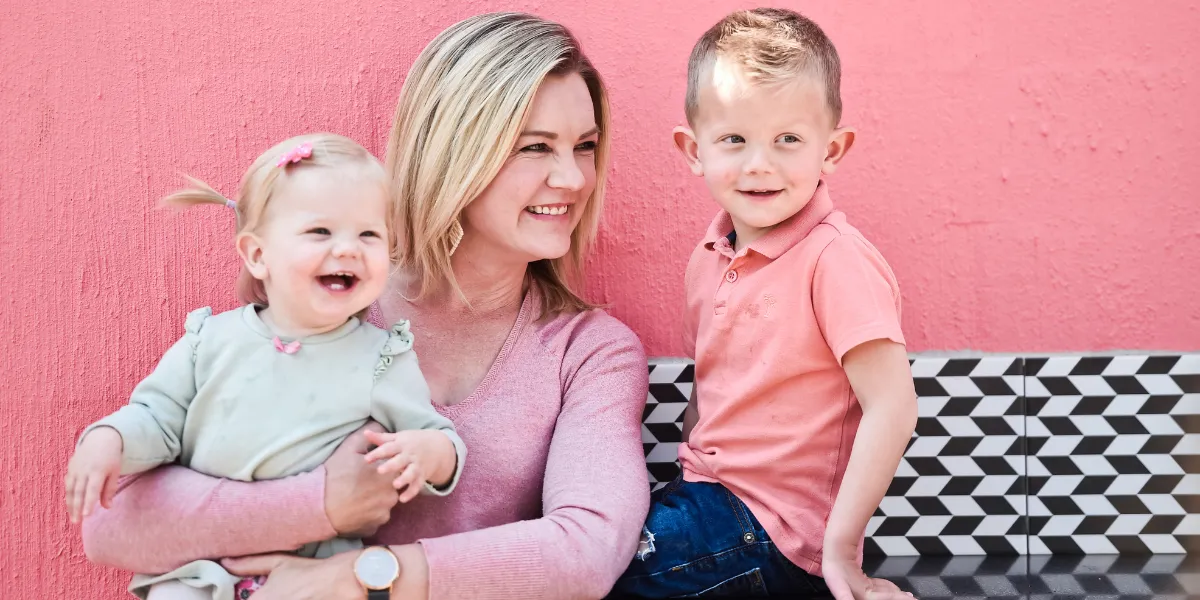
RAISING JOY
Your Conscious Parenting Companion
Explore our Conscious Parenting blog — aimed to empower you with the tools for nurturing relationships and raising children mindfully.

Am I Indulging My Child Emotionally When They’re Throwing Tantrums?
Are you over-nurturing your child's emotions? Learn to strike a balance between support and overindulgence with our guide on emotional parenting.
Isn't parenting quite the journey? When I envisioned becoming a parent, peaceful bedtimes, well-rested children, and harmonious mornings were part of the dream. But, sometimes, reality throws a curveball, with nightly tantrums, interrupted sleep, and less than tranquil mornings. Is there a solution when our child is throwing tantrums that aligns with our empathetic parenting approach?
A Different Perspective on Emotions and Childhood Tantrums
As a conscious parent and coach, I firmly believe that parents don’t have to solve their kids’ frustrations, that kids are allowed to feel how they feel and that feelings aren’t wrong.
For some parents however, this concept raises concerns. They believe that when you indulge an emotional blow-up over a minor issue in a public setting, you’re saying, “No, sweetie, it’s totally fine to make your big feelings everybody else’s problem.” You and your disproportionately large feelings
Is Empathy Equivalent to Indulging Tantrums?
I challenge the notion that empathy is the same as indulging in a child's tantrums. I don’t agree that feelings are anybody’s “problem”; and I don’t agree that feelings are “disproportionately large”.
It sounds like the thought of offering empathy to someone, even when you personally consider their problem to not be that big of a deal, feels really challenging and emotionally charges some parents. For me, whenever I encounter that resistance in myself, I can usually trace it back to grace that I was never extended as a child — it feels hard to be the first one to offer it.
Managing Tantrums Through Small Frustrations
Kids learn to manage tantrums by experiencing a hundred thousand small frustrations and managing them, or having adults help them in that. I earnestly believe that they will learn to manage those frustrations better if they feel like their adults are on the same team as them while they’re learning to manage them.
I do not believe that policing another person’s feelings leads to them feeling like they’re on the same team as you. All of the kids with “outsized” frustration reactions that I’ve ever worked with have had pretty good reason to expect their adults to be antagonistic towards them and their problems, and this is not helpful.
Two Teaching Methods, Different Results
I guess to say it another way — in one teaching method, the child eventually learns, “Oh, this problem is small because my adult stays regulated and solves it. They make me feel safe; I bet I could be like them; I bet I could solve it.”
And in the other method, the child eventually learns, “If I throw tantrums and express how I feel about this problem, everybody will focus on my expression and not on the problem. I better squash how I’m feeling if I want to get any help.”
I don’t find the latter method to be productive (in my own life and learning). So I’m not passing it on and I hope you won’t either.
Empathy Results In Sweet Dreams For Everyone
Parenting isn't always smooth sailing, especially when it comes to bedtime. But by engaging empathy, we can help our little ones navigate their emotions while setting the stage for more restful nights. Remember, it's not about indulging emotions but validating them, promoting emotional regulation, and encouraging peaceful sleep.
By getting to grips with your child's emotional world, you can transform the bedtime routine into a more peaceful, less challenging experience for all. Embracing an empathetic approach isn't indulging your child’s tantrums; it's fostering emotional intelligence, resilience, and nurturing healthy sleep habits that will last a lifetime.


